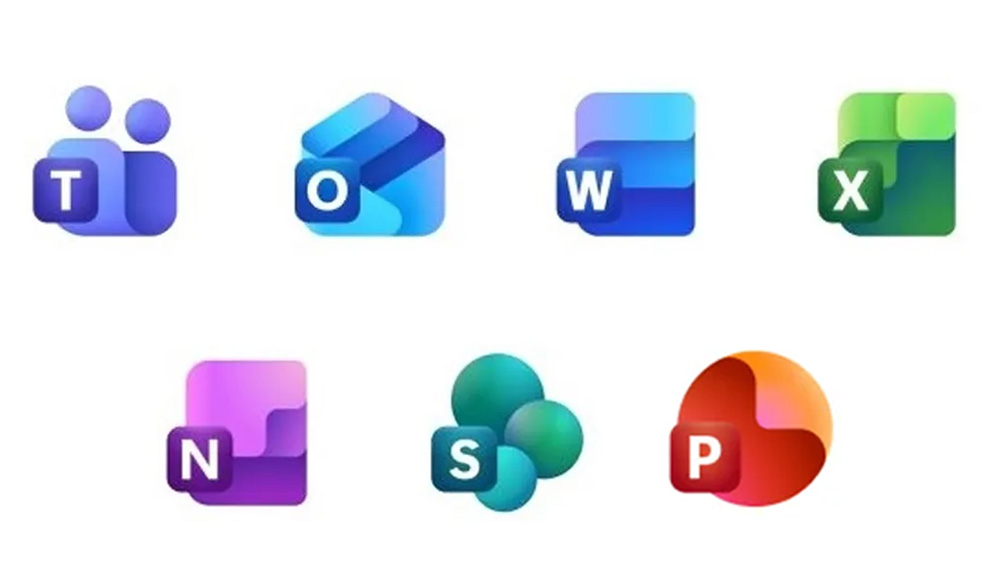AI Avatar Causes Stir in New York Courtroom During Legal Appeal

In a remarkable and somewhat controversial incident, a man's attempt to utilize an AI-generated avatar during a legal appeal left an unexpected mark on a New York courtroom, but not in the way he intended. Jerome Dewald, a 74-year-old entrepreneur noted for spearheading a startup that claims to be "revolutionizing legal self-representation with AI," faced significant backlash during an employment dispute hearing on March 26th.
Dewald had received prior approval to submit a video for his case, but the courtroom was taken aback when an unfamiliar figure, clearly not Dewald, emerged on screen to present his oral argument. Justice Sallie Manzanet-Daniels, presiding over the hearing, was quick to express her confusion and concern upon seeing the AI avatar.
"Hold on," Justice Manzanet-Daniels interjected, stopping the video barely after it began. "Is that counsel for the case?" The question prompted an immediate revelation from Dewald, who replied, "I generated that. Its not a real person." He explained that the avatar, which he described as a "big, beautiful hunk of a guy" named Jim, was sourced from Tavus, a company specializing in AI avatars.
While Dewald claimed that he opted to use the avatar due to challenges he faces with extended speaking, the courtroom was left in the dark regarding the true nature of the video. In a pointed response, Justice Manzanet-Daniels remarked, "It would have been nice to know that when you made your application. You did not tell me that, sir; I dont appreciate being misled." Her stern words underscored the court's position against using its proceedings as a platform for promoting business ventures involving AI technology.
This incident is not isolated but rather part of a growing trend where the integration of AI into legal processes has resulted in complications and controversies. Earlier in 2023, two attorneys along with a law firm faced sanctions for submitting fabricated legal research generated by ChatGPT, illustrating the potential pitfalls when relying on AI in professional settings. Furthermore, DoNotPay, a company that markets itself as a "robot lawyer," was ordered to pay a hefty $193,000 settlement to the Federal Trade Commission (FTC) for falsely advertising its AI legal services as being equivalent to those of human attorneys.






















